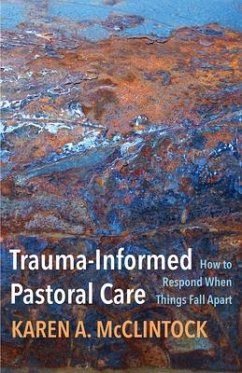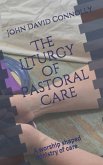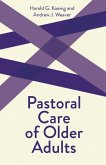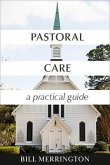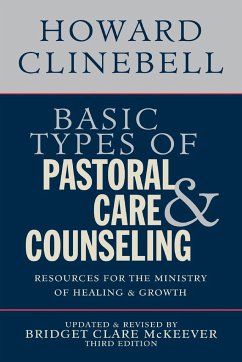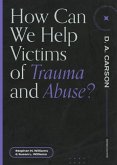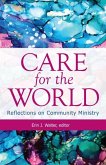In Trauma-Informed Pastoral Care, pastoral psychologist Karen A. McClintock offers clergy competence and confidence as they care for trauma victims in their congregations and communities, provides practical skills to lower the risk of secondary trauma, and suggests culturally sensitive models for healing.
Bitte wählen Sie Ihr Anliegen aus.
Rechnungen
Retourenschein anfordern
Bestellstatus
Storno

